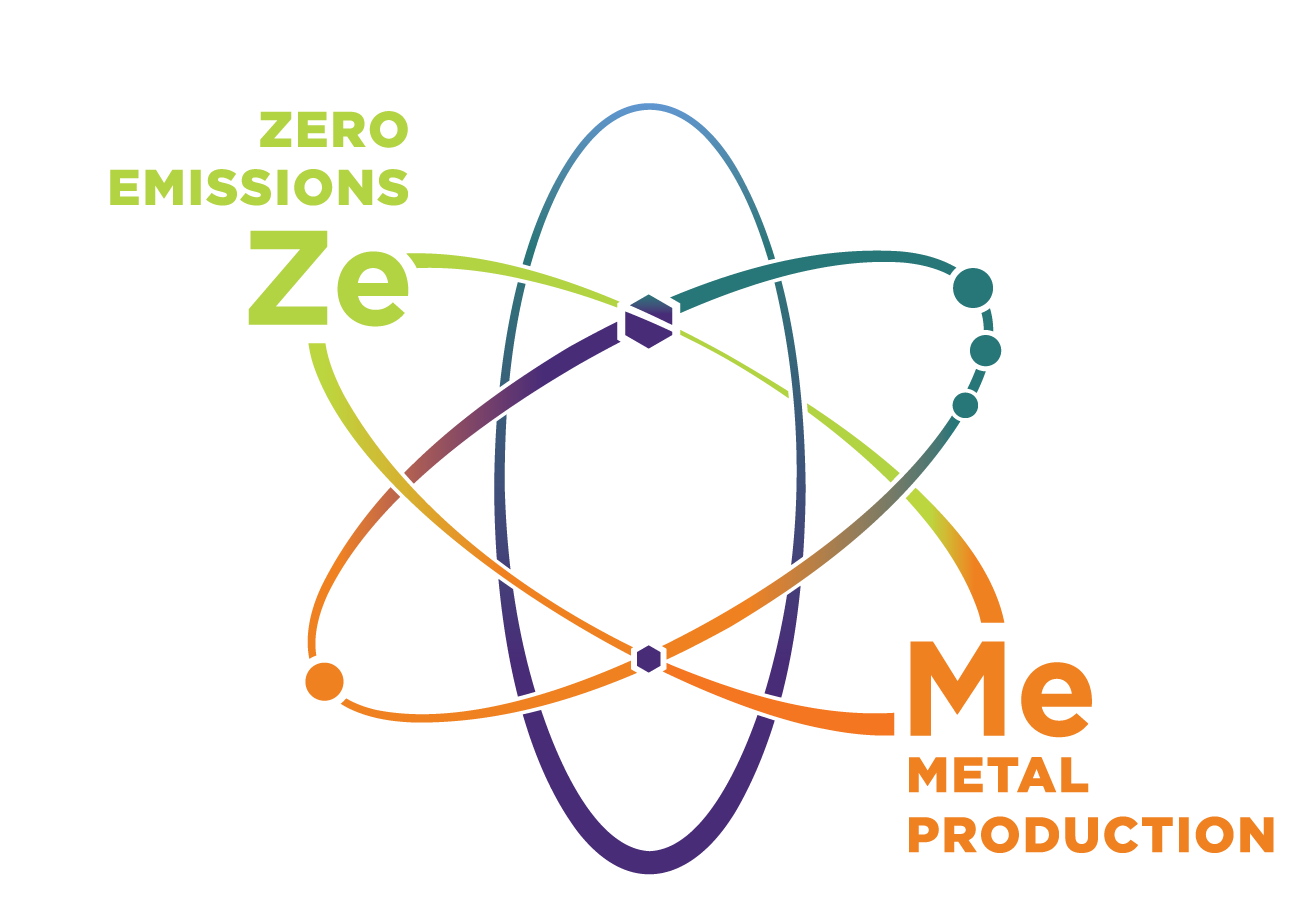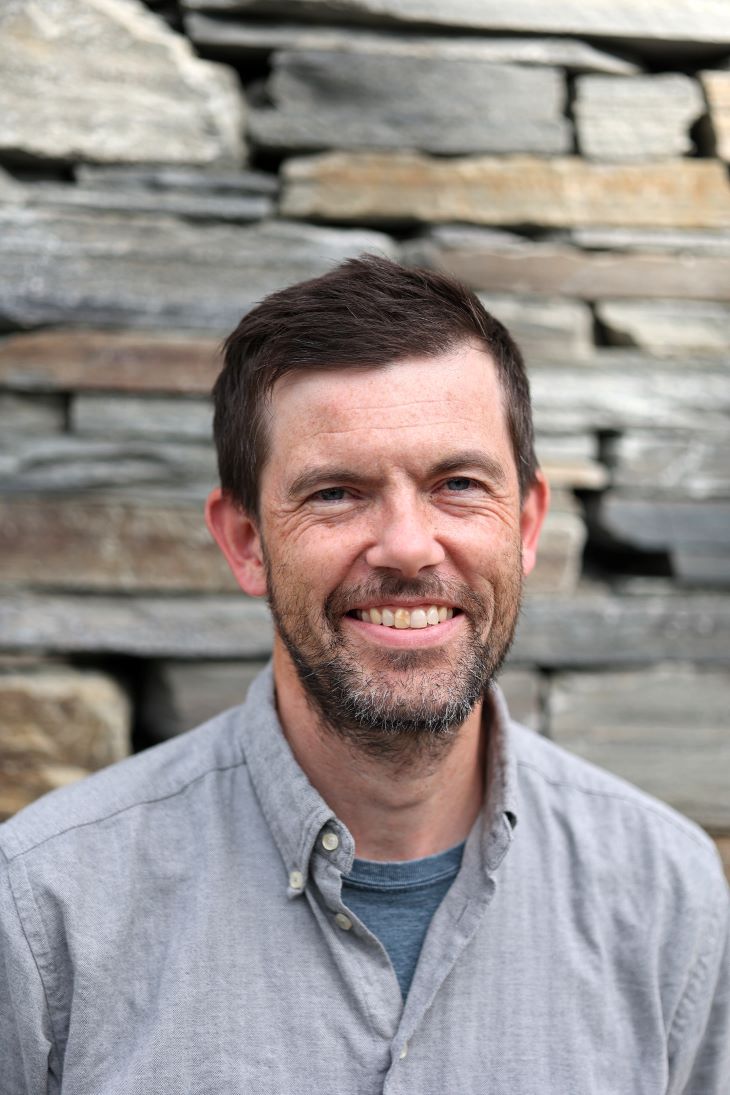Environment and Sustainability Framework
Environment and Sustainability Framework - RA6
Objective
Develop and apply an analytical framework for design and planning of zero emission metal production. The framework shall guide a just, effective, and robust transition, and be able to evaluate and integrate design options at the level of processes, value-chains, and sectors.
Develop and test analytical framework
The task includes definition of KPIs, benchmark methodology, data sources and data requirements to ensure that future metal production supports climate and sustainability goals as they are defined by UN SDG, IPCC, and the EU taxonomy. Active engagement with stakeholders through arenas in RA8 shall be used to engage collaboration and partnerships with local and international stakeholders. Stakeholders include governments, industry, academia, and civil society, with roles to inform the development of novel, zero emission technologies. The framework is developed and tested with input from the following tasks (NORCE).
Energy system analysis
The task covers analysis of energy transition from process to sector in support of main mitigation strategies by IPCC towards 2035, and CCS for the period to 2050. It includes scenario analysis for hydrogen, electrification and large-scale biomass, and energy efficient CCS, to evaluate requirements and consequences for cumulative energy analysis, infrastructure, land, and material requirements. The work synthesizes efforts of multiple RAs, for energy efficiency, reduction agents, energy use in CCS, and process modelling (PhD 6A).
Material flow analysis
The task focuses on the application of a physical accounting framework from micro to macro scale. Processes are selected for identification and quantification of potentially new raw material streams at plant, region, and national levels. Scenario analysis is applied to investigate benefits from increased circularity, systematizing inputs from other tasks for circular raw materials, by-products, process, and emission models (PhD 6B and postdoc).
Climate policy analysis
The task focuses on the market effects of economic climate policies. It includes guiding the development of effective climate policy and their consequences for current and future technologies. The work relies on inputs for CCS implementation, as well as market effects from energy and material requirements (NORCE).
Results
The center will open in 2025, results are comming



